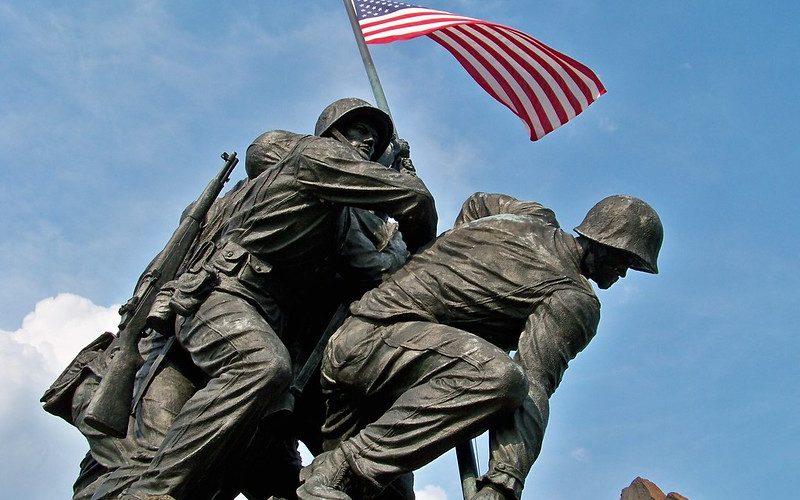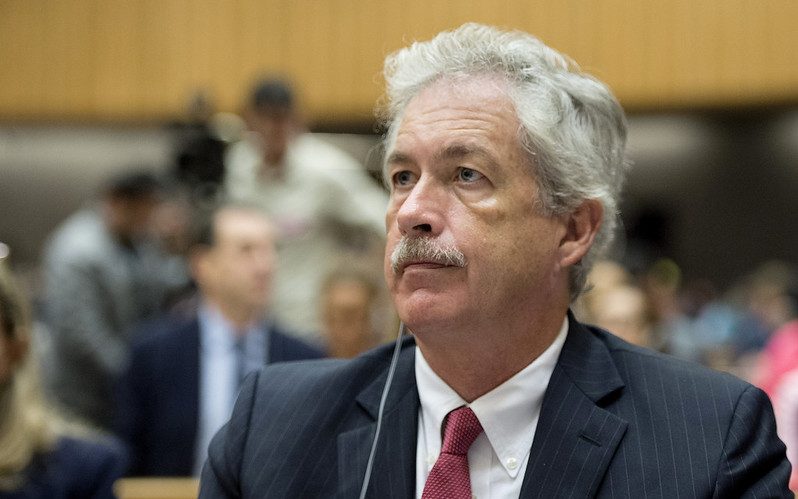
General Sam and the Warrior-Scholar: The Importance of Self-Education in the Armed Forces
Newly commissioned officers and officer hopefuls look to various areas for role models. Some look to business and politics while others look to science and academia. Yet, most look towards military officers, persons such as GEN Creighton Abrams, LTG Lewis “Chesty” Puller, or ADM Chester Nimitz. Many are able to find key qualities for officers in these persons; duty to country and subordinates, leadership, tactical ability, and intelligence.
However, one officer that frequently is never mentioned is Lieutenant General Samuel V. Wilson of the U.S. Army.

Black Operations: A Primer on Covert Action throughout U.S. History
Covert Action (CA) has been a point of contention within political and foreign policy discourse, with constant discussions about the legalities of targeted killings and enhanced interrogation techniques. There are vast historical examples of U.S. intervention abroad which complicated matters in their respective regions, in some cases having an opposite effect than what was intended, in other cases resulting in scandals that eroded the public’s faith in governmental institutions, and in other cases simply resulting in a less stable country or government. In spite of all the discussion about covert action, it is undeniable that it can be extremely beneficial when dealing with foreign powers and with new issues like non-state actors and international terrorism.

